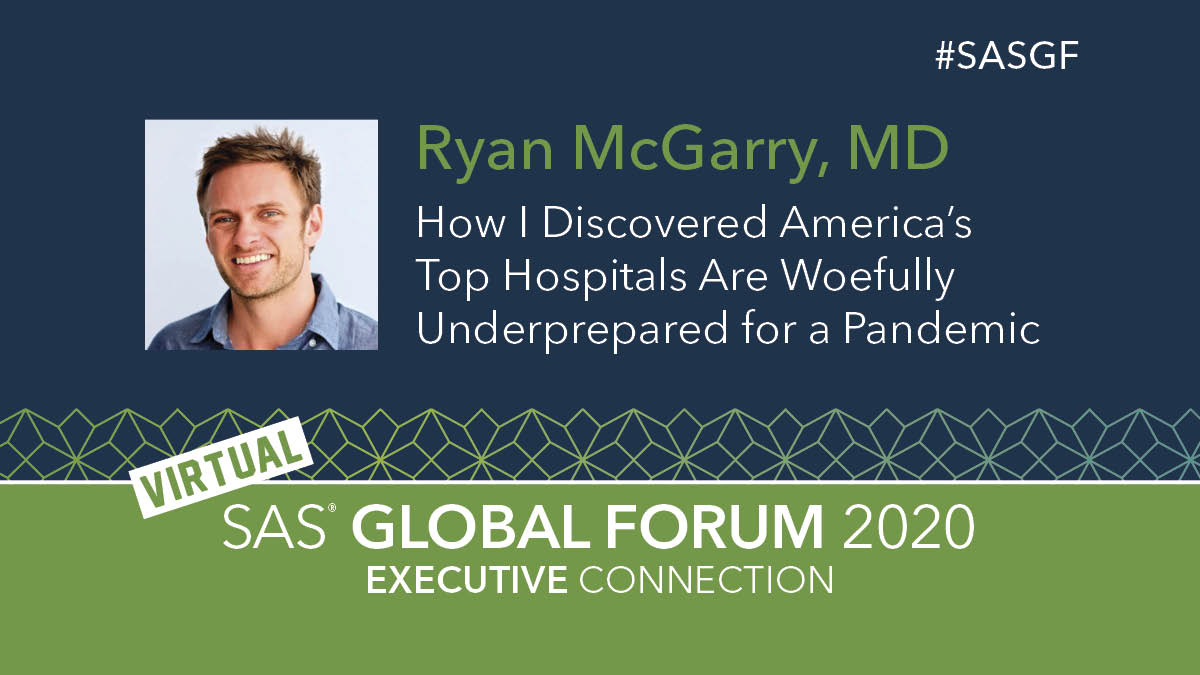Dr. Ryan McGarry might have the most uncanny timing of any documentary producer in history. Just weeks before the novel coronavirus began to saturate headlines, the emergency medicine physician’s Netflix documentary series Pandemic hit the screens of millions of viewers.
Six months ago, many of the subjects featured in the docuseries might have been called alarmist. Today, they seem improbably prophetic. What did they know that so many of us missed? And what insight did McGarry have as a practicing ER physician to foresee some of the challenges we’re experiencing with COVID-19?
We recently had the opportunity to talk with McGarry about his background and experience as an ER doctor during the pandemic. In a fascinating discussion that ranges from the long-standing challenges of practicing medicine to the humanity he witnesses every day, McGarry shows how COVID-19 has amplified the good and the bad of the health care system.
It’s a relevant discussion for all of us, and one we’ll be sharing on May 19 as part of our SAS® Global Forum digital programming. To help tease the interview, I’m sharing three points I think you’ll find particularly interesting:
- A thousand clicks of frustration. The time spent filling in electronic forms and the risk of making a mistake has consumed hours of valuable time for medical professionals. It was onerous in pre-pandemic situations, but the crisis highlights the urgency of allowing providers to spend more time on patient care and less on forms and endless data entry.
- Social media as an unlikely savior. Some of the most useful care insights have come from peer-to-peer sharing on Facebook and Twitter, with doctors in Europe sharing experiences that doctors in Michigan or California could learn from immediately, for example. The pandemic underscores how traditional methods of sharing medical information are failing the front lines.
- Public health preparedness is an “always on” imperative. In his Netflix series, McGarry profiles several public health “warriors” who dedicate their lives to tracking the spread of diseases and putting preparedness plans in place. Without a known threat on the horizon, preparedness efforts were often neglected. Now policy makers are facing the challenge of filling the gaps we still face in pandemic response and recovery.
To find out more from McGarry, take a moment to register for SAS Global Forum on May 19. You’ll have access to his full interview as well as dozens of other discussions and recorded programming targeted to specific industries and challenges.

